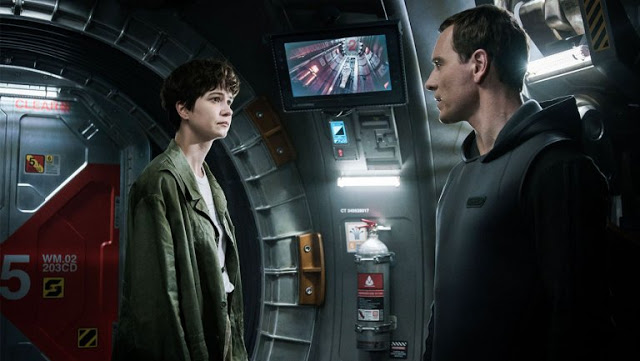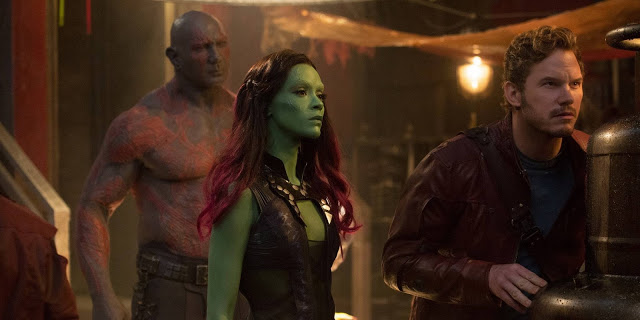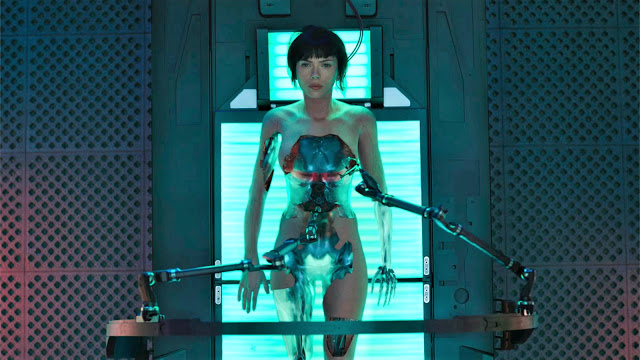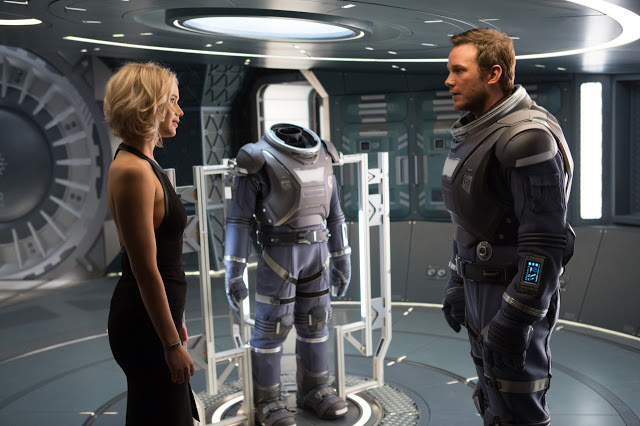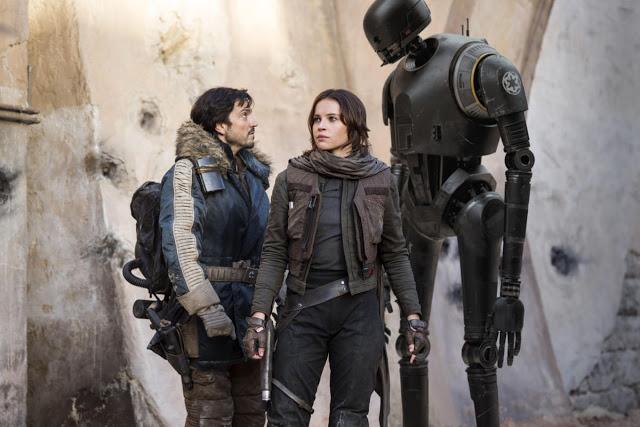Alien: Covenant: Still Meddling, Still Dying, but with Double the Robots
During one of the best scenes in Alien: Covenant, a robot tells an antiquated model of himself why he was ultimately decommissioned. “You were too human,” the current version bluntly informs his predecessor. “Too idiosyncratic.” The explanation makes sense—the older model’s uncannily lifelike behavior unsettled his mortal masters—but it carries with it an undeniable sting of irony. Covenant, the sixth entry in the Alien franchise and the third directed by Ridley Scott, is a vigorous and impressive piece of mass-market entertainment, a finely calibrated horror film that boasts expert effects work and pulse-pounding set pieces. Yet it is also clearly the product of corporate assembly, a sequel to a prequel that ably perpetuates the series’ mythology but does so with minimal distinction or ingenuity. It’s a bit like that newly updated cyborg who lectures his elder counterpart: sleek and efficient, but not idiosyncratic enough.
Or maybe I’ve just seen too many Alien movies. If you haven’t watched Scott’s classic original (which is slightly overrated, but that’s a different discussion), you are likely to be gobsmacked by the spectacle of violent death and physical suffering that the director has arrayed before you. Setting aside Sigourney Weaver’s spunky and sexy performance, Alien achieved cinematic immortality for two reasons: its historically great tagline, and John Hurt’s upset stomach. Seeing as Covenant cannot hope to match the former (though “The path to paradise begins in hell” isn’t half-bad), it strives to one-up the latter. Throughout this movie, nasty critters burst out from within the insides of unsuspecting human hosts, spilling blood and splintering backbone in the process. Alien enthusiasts may have seen this before, but they likely haven’t seen it this excruciating and visceral. Read More

